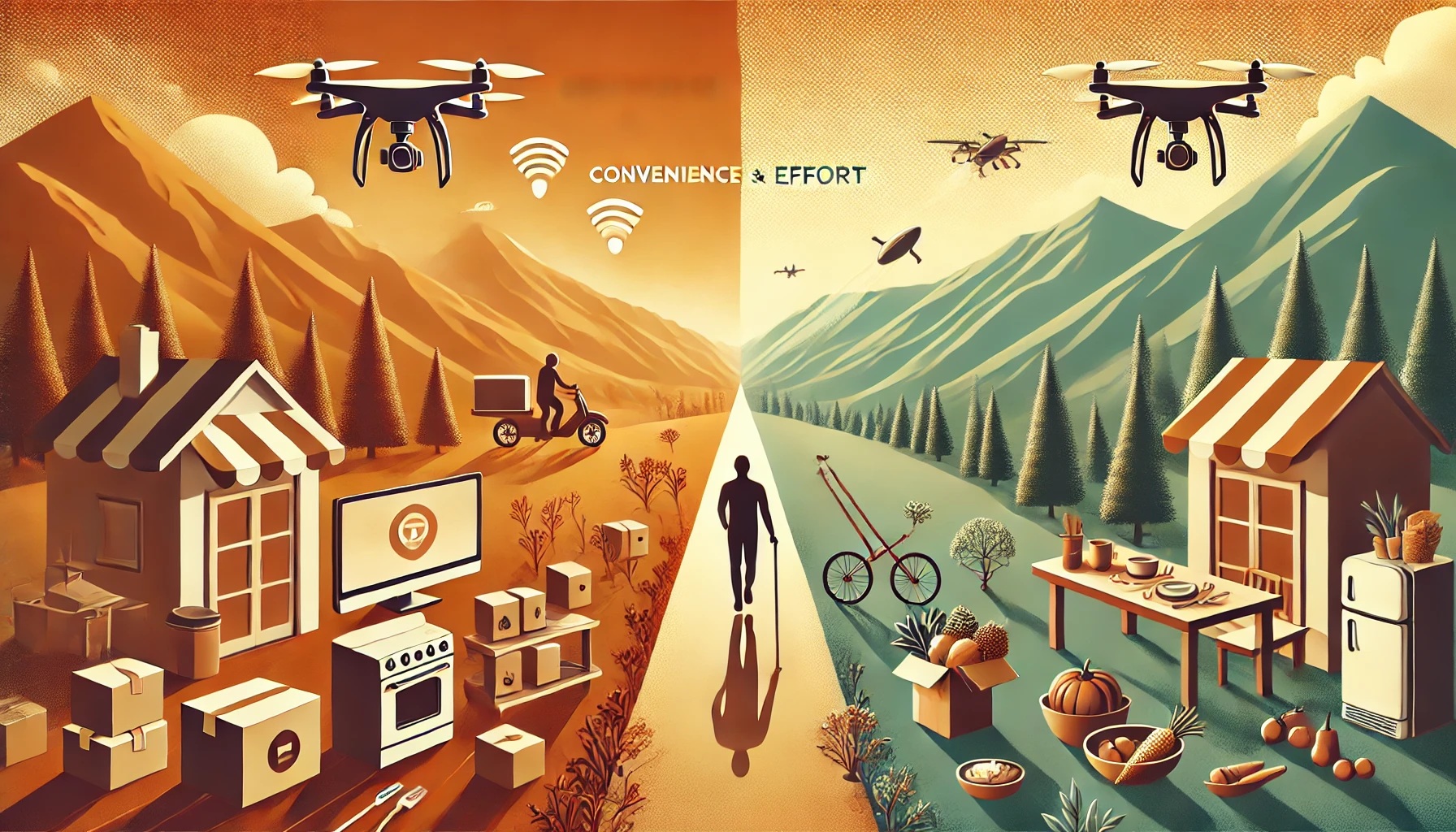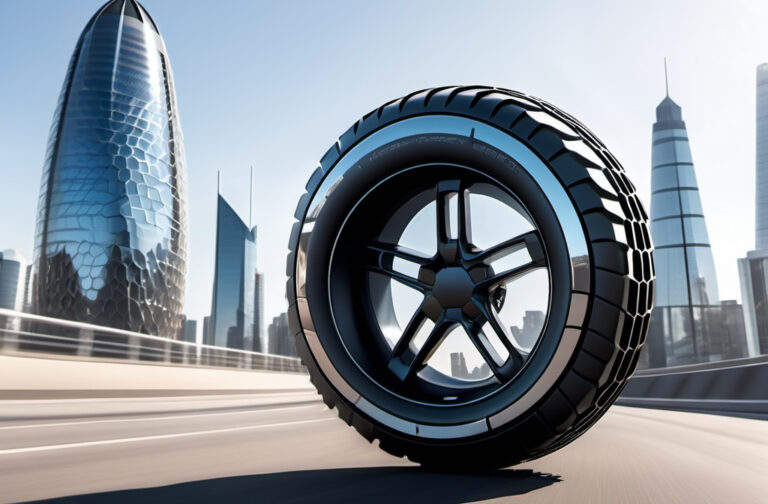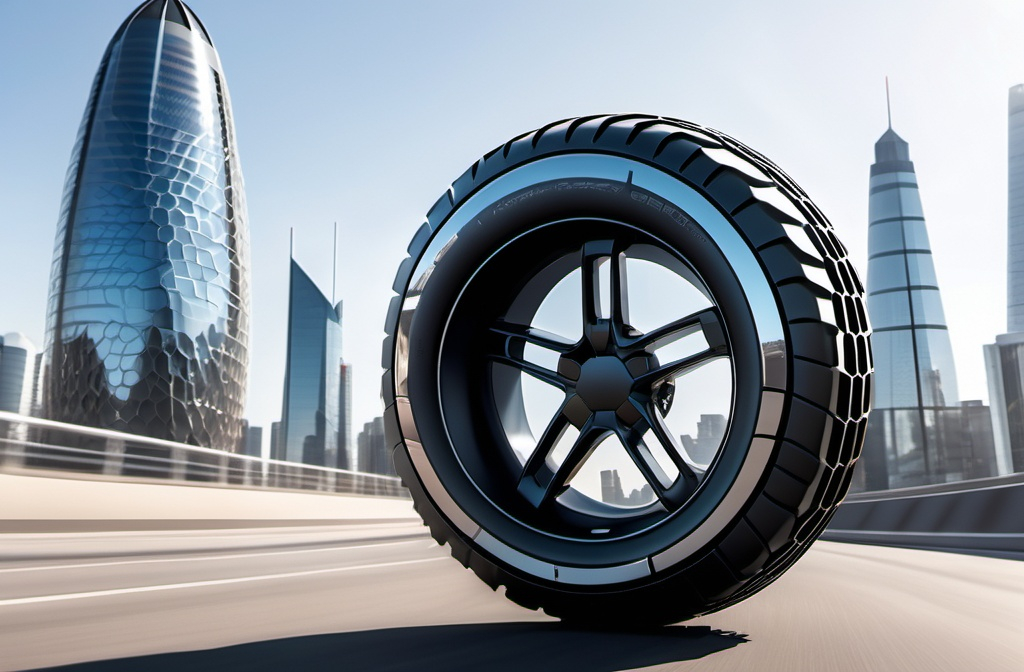In the age of smartphones, smart homes, and smart everything, convenience has become a staple of modern life. We can have groceries delivered to our doorstep, hail a ride with a tap, and stream any movie on demand. It’s never been easier to do more with less effort. But there’s a catch—the more convenient our lives become, the more we seem to dread anything that isn’t instantly gratifying. Why is that? Why do tasks that used to feel normal now feel like insurmountable burdens?
The Illusion of Effortlessness
Technology has conditioned us to expect instant results. Think about it—how often do you sigh in frustration when your video takes more than three seconds to load? Just a few years ago, we patiently waited for DVDs to load or endured buffering without losing our minds. But today, even the slightest inconvenience feels unbearable.
This shift in mindset isn’t just about technology. It’s changing the way we perceive everyday tasks. Walking to the store? That used to be a daily activity. Now, it feels like a chore because we’ve grown accustomed to delivery services. Cooking dinner from scratch? Why bother when meal kits exist?
The illusion of effortlessness that technology provides makes any effort feel like too much effort. We’re training our brains to expect ease, and anything that disrupts that expectation feels like a burden.
The Consequences of Convenience Overload
Convenience has a dark side. It’s making us less resilient, less patient, and more prone to frustration. Here are some of the subtle ways this phenomenon is impacting us:
1. Diminished Problem-Solving Skills
When everything is handed to us on a silver platter, we lose the ability to think critically and solve problems. Why figure out how to fix something when you can order a replacement with one click?
2. Higher Stress Levels
Paradoxically, convenience can increase stress. The expectation of instant gratification makes delays and obstacles feel more significant than they are. Waiting in line or dealing with slow service feels unbearable because we’re no longer used to it.
3. Reduced Appreciation for Effort
When things come easily, we don’t appreciate the effort behind them. We take for granted the work that goes into creating, delivering, or maintaining the things we enjoy.
Rediscovering the Joy of Effort
Not everything in life is meant to be convenient. Some of the most rewarding experiences require effort—and that’s a good thing. Imagine the satisfaction of preparing a meal from scratch, building something with your own hands, or completing a challenging project. The effort makes the reward sweeter.
Here are some ways to reclaim the joy of effort:
Embrace Small Inconveniences
Try doing things the “old-fashioned way” every once in a while. Walk to the store, write a letter, or cook a meal from scratch. These small acts can remind you that not everything needs to be instantaneous.
Practice Patience
Deliberately put yourself in situations that require patience. Wait in line without scrolling on your phone. Embrace the waiting period as a moment to reflect.
Acknowledge Effort
Take a moment to appreciate the effort behind everyday conveniences. Recognize the work of delivery drivers, customer service reps, and even the technology that powers your apps.
Keywords to Remember
- Convenience overload
- Instant gratification
- Patience and resilience
- Value of effort
- Small inconveniences
The Balance Between Convenience and Effort
Convenience isn’t the enemy—it’s a tool. The key is to strike a balance between embracing convenience and appreciating the value of effort. Use convenience to save time, but don’t let it rob you of meaningful experiences. Life isn’t meant to be a series of shortcuts; it’s meant to be lived, savored, and sometimes endured.
By redefining our relationship with convenience, we can prevent it from turning everything else into a burden. Let’s remember that some things are worth the extra effort—and that’s where the magic of life happens.
Check out the cool NewsWade YouTube video about this article!
















